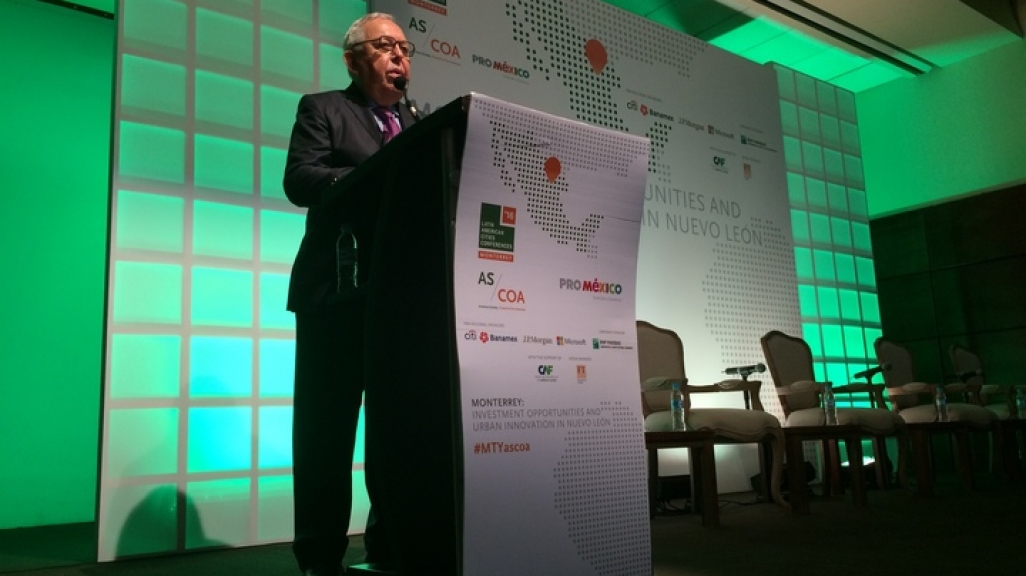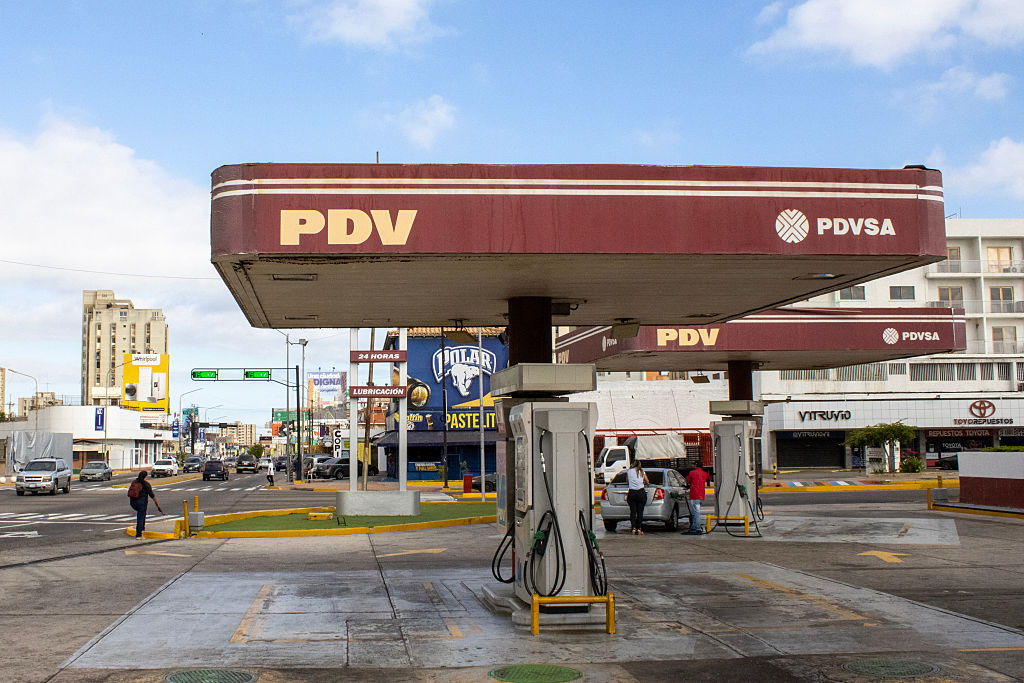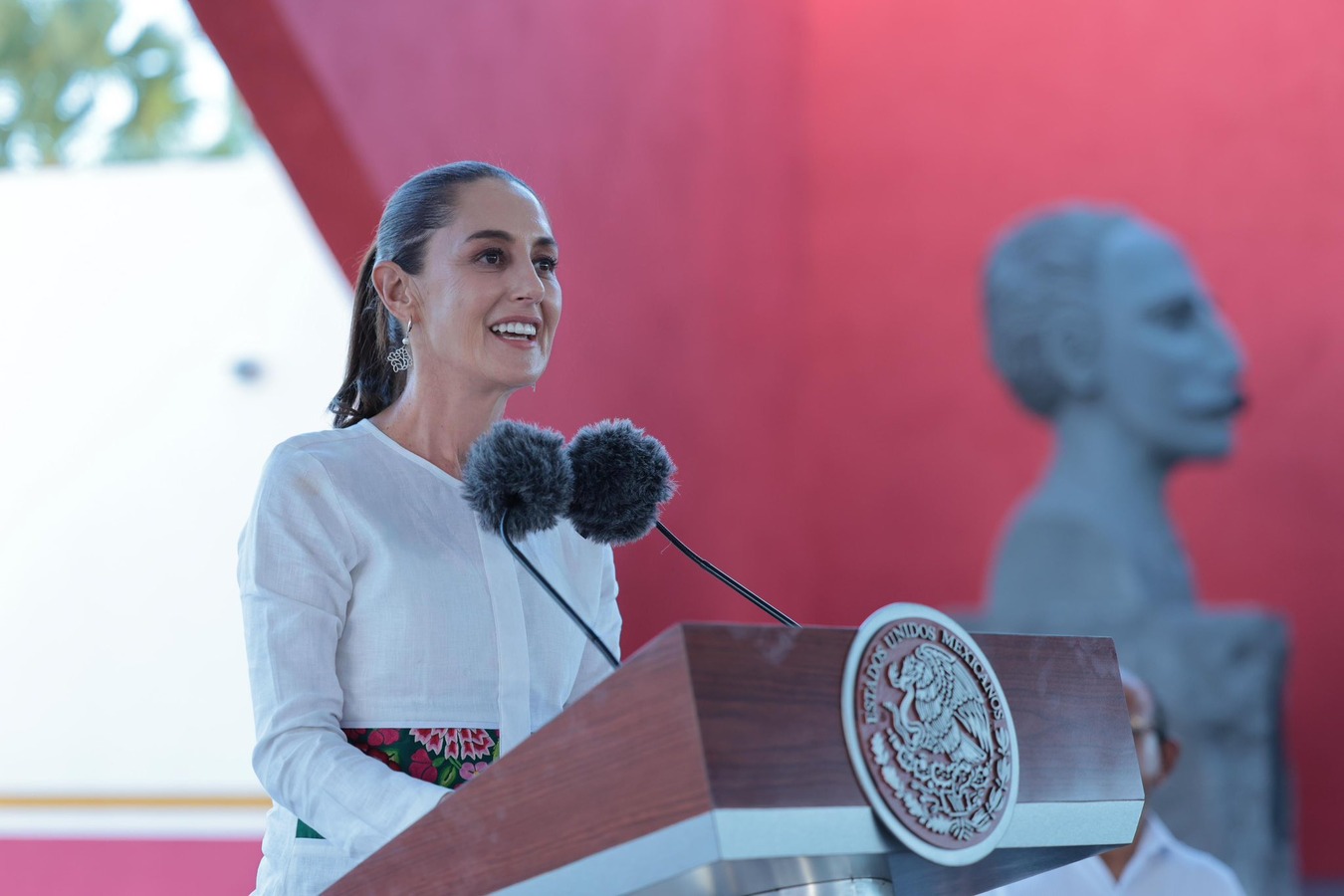Summary: Monterrey 2016 – Investment Opportunities and Urban Innovation in Nuevo León
Summary: Monterrey 2016 – Investment Opportunities and Urban Innovation in Nuevo León
Government officials, industry heads, and experts addressed the Mexican city's growth and economic development.
Welcoming Remarks
- Ragnhild Melzi, Vice President, Americas Society/Council of the Americas
- Francisco N. González, CEO, ProMéxico
Keynote
- Fernando Turner Dávila, Economy and Labor State Secretary, Nuevo León
Introduction: Mexico's Economic Outlook
- Marcelo Carvalho, Head of Latin America Economic Research, BNP Paribas
Panel: Economic Development in Nuevo León
- Alberto Chaia, Partner, McKinsey & Company Mexico
- Eduardo Garza T. Junco, President, Transformation Industry Chamber (CAINTRA)
- Máximo Vedoya, Executive President, Ternium
- Carlos Manuel Rodríguez, Mexico Bureau Chief, Bloomberg News (moderator)
Panel: Innovation and Urban Development
- Andrés Albo Márquez, Director of Social Commitment, Citi/Banamex
- Antonio Elosua, Sustainable Development Commission President, Council of Nuevo León
- Juan Miró, Distinguished Professor, School of Architecture, University of Texas at Austin; Architect, Miró Rivera Architects
- Vicente Saiso Alva, Director of Sustainability, CEMEX
- Jaime Holguín, Southern Region Social Development Projects Director, CAF – Development Bank of Latin America (moderator)
Nuevo Léon is a manufacturing epicenter and represents a disproportionate amount of Mexico’s national economic output, said AS/COA Vice President Randy Melzi as she kicked off the second Latin American Cities conference in Monterrey. But productivity lags, she said, and implementing the state’s 15-year plan will be key to boosting growth. Nationally, ProMéxico CEO Francisco González said the automotive, tourism, and mining sectors offer some of the best opportunities for growth and investment in the years to come.
@ProMexico y @ASCOA promovemos las oportunidades de inversión a nuestro país creando espacios de diálogo #MTYascoa pic.twitter.com/pWhdiejRNz
— Sofia Elguero Sosa (@sofia_selg) September 12, 2016
Fernando Turner Dávila, Nuevo León’s economy secretary, gave the conference's keynote speech (download presentation), with a focus on Nuevo León's economic development. Highlighting the state's strengths, he cited that while Nuevo León makes up only 4.2 percent of Mexico's population, it accounts for 7.4 percent of the country’s gross domestic product, 8 percent of its workers, and 10.7 percent of non-oil exports. Foreign direct investment in Nuevo León has been rising, as have the state's employment rates. For Turner, small- and medium-sized enterprises (SMEs) are economic engines of growth on a global scale, but face neglect in Mexico, where, he estimates, 90 percent of SMEs say they don’t have access to sufficient credit.
"You can compare the strength of Nuevo León with that of any state in the world." - @FTurnerDavila at #MTYascoa pic.twitter.com/l46zgIjj1x
— AS/COA Online (@ASCOA) September 12, 2016
Next up was the head of Latin American economic research at BNP Paribas Marcelo Carvalho (download presentation), who spoke about Mexico's economic outlook in a global context, emphasizing the country's need to move away from reliance on its oil sector. With little expectation for commodity prices to boom in the near future, and GDP growth and oil prices closely linked, Carvalho stressed that Mexico should diversify its economy. He also highlighted that corruption is considered the most problematic factor for doing business in Mexico, followed by government inefficiency and crime.
"This is the most interesting chart of the whole presentation." - Marcelo Carvalho of @BNPPamericas pic.twitter.com/wrdh0vX6Gf
— AS/COA Online (@ASCOA) September 12, 2016
The first panel of the day looked at how to encourage economic growth and productivity in Nuevo León. Persistent corruption issues are disenchanting investors, said Ternium CEO Máximo Vedoya, and the country needs judicial reform “without a doubt.” That said, the overall situation is more positive than negative from his point of view; he went on to highlight structural reforms (e.g. in telecommunications) as encouraging cost-saving measures.
"What role can the private sector have in the fight against corruption?" asked moderator Carlos Manuel Rodríguez, Mexico bureau chief for Bloomberg News. A critical one, said Nuevo León Transformation Industry Chamber Eduardo Garza T. Junco by lobbying for anti-corruption initiatives like Ley3de3 and then working with local government to implement them. “The system has to change,” he said. McKinsey’s Alberto Chaia stressed the need to focus investment in and formalization of SMEs, saying that, without that, he didn’t expect the national GDP to get above 2 or 3 percent growth per year. Garza T. Junco, for his part, emphasized skills training, while Vedoya said there needs to be more investment in oil exploration now that energy reforms are taking longer as a result of lagging oil prices.
Llevamos 40 años sin crecer en términos de productividad como país. @alberto_chaia habla sobre dicotomía de los “dos Méxicos.” #MTYascoa
— AS/COA Online (@ASCOA) September 12, 2016
El día de hoy, el presidente de CAINTRA, Eduardo Garza T. Junco asistió al panel de @ASCOA #MTYascoa pic.twitter.com/5PGXPtESZW
— CAINTRA Nuevo León (@caintra_nl) September 12, 2016
Nuestro CEO Máximo Vedoya participa en Inauguración del Foro #MTYascoa: oportunidades de inversión e innovación NL pic.twitter.com/hRm9ve9T3p
— Ternium México (@TerniumMexico) September 12, 2016
CAF’S Jamie Holguín moderated the final panel on innovation and urban development. Opening the discussion, he noted that that 80 percent of Latin America’s population is urban, and as much as a quarter of that population is marginalized, lacking access to quality public services. The task ahead for Nuevo León is to promote inclusivity and ensure a high quality of life, even as the city of Monterrey continues to grow. The panelists emphasized sustainability, improved transportation and mobility, and strategic urban planning as keys to success. “The way to see the future is to build it,” said Citi/Banamex’s Andrés Albo Márquez.
Albo Márquez de @citi habla de la importancia de tener una visión de 30 años para una ciudad sostenible, incluyente, innovadora. #MTYascoa
— AS/COA Online (@ASCOA) September 12, 2016
Council of Nuevo León’s Antonio Elosua listed jobs, corruption, security, and mobility as Monterrey citizens' top concerns. He also noted that issues of transportation and air-quality go hand in hand, and Nuevo León needs to incentivize the use of public transport to address both.
Saiso Alva of @CEMEX: There are buildings w/ a net zero ecological footprint. We can make this a reality in NL in the short term. #MTYascoa
— AS/COA Online (@ASCOA) September 12, 2016









